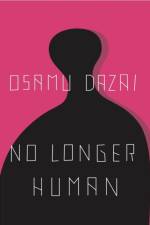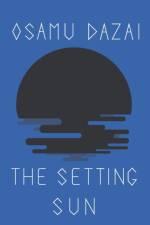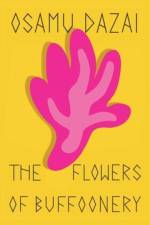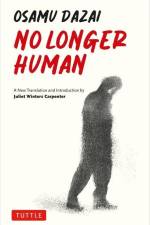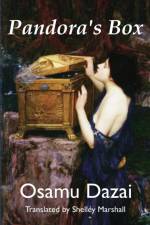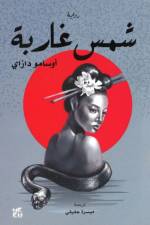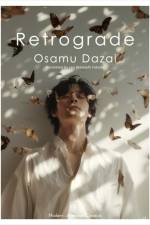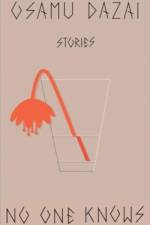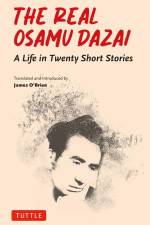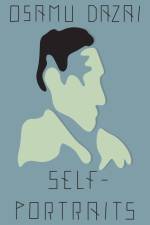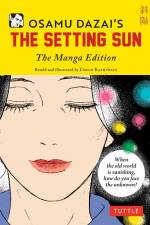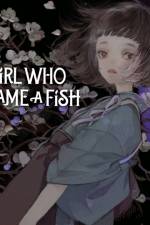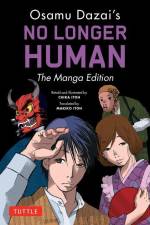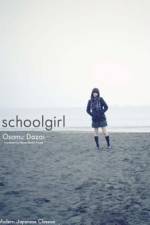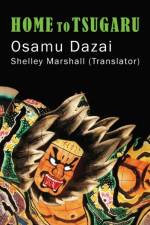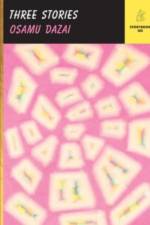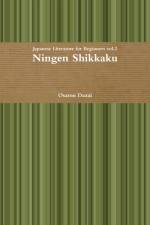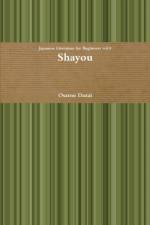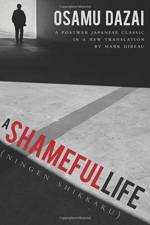av Osamu Dazai
221
Early Light offers three very different aspects of Osamu Dazai's genius: the title story relates his misadventures as a drinker and a family man in the terrible fire bombings of Tokyo at the end of WWII. Having lost their own home, he and his wife flee with a new baby boy and their little girl to relatives in Kofu, only to be bombed out anew. "Everything's gone," the father explains to his daughter: "Mr. Rabbit, our shoes, the Ogigari house, the Chino house, they all burned up," "Yeah, they all burned up," she said, still smiling."One Hundred Views of Mount Fuji," another autobiographical tale, is much more comic: Dazai finds himself unable to escape the famous views, the beauty once immortalized by Hokusai and now reduced to a cliche. In the end, young girls torment him by pressing him into taking their photo before the famous peak: "Goodbye," he hisses through his teeth, "Mount Fuji. Thanks for everything. Click."And the final story is "Villon's Wife," a small masterpiece, which relates the awakening to power of a drunkard's wife. She transforms herself into a woman not to be defeated by anything, not by her husband being a thief, a megalomaniacal writer, and a wastrel. Single-handedly, she saves the day by concluding that "There's nothing wrong with being a monster, is there? As long as we can stay alive."

